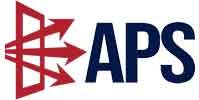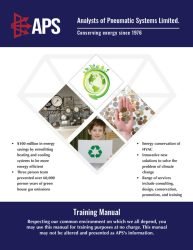HVAC systems that mix fresh air and building return air to varying quantities for cooling purposes often have control logic comparing the total heat content of the outdoor air to the total heat content of the return air. (Total heat content in air is called enthalpy.)
Typical logic reverts the fresh air dampers back to the code ventilation level when the enthalpy in the outdoor air exceeds that in the return air.
The rest time of the HVAC refrigeration as well as the run time are factors in determining the total energy cost of mechanical cooling for the HVAC system.
If the outdoor air temperature is lower than the return air temperature when the refrigeration is off altering the HVAC dampers to full fresh air would extend the rest time for the refrigeration because the HVAC system would be providing cooler air to the occupied space.
Limitations on the RH level may be required in the designer’s logic.

